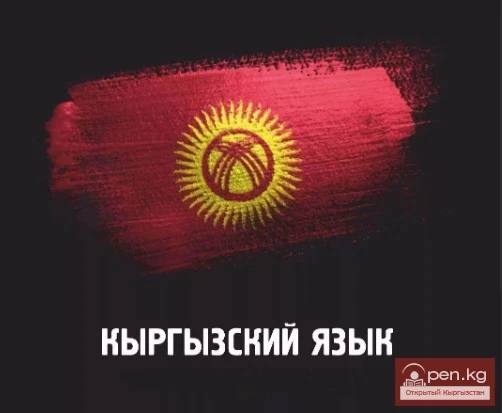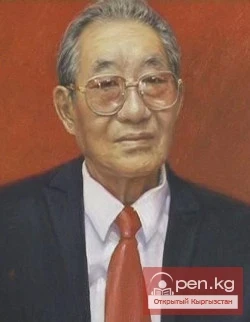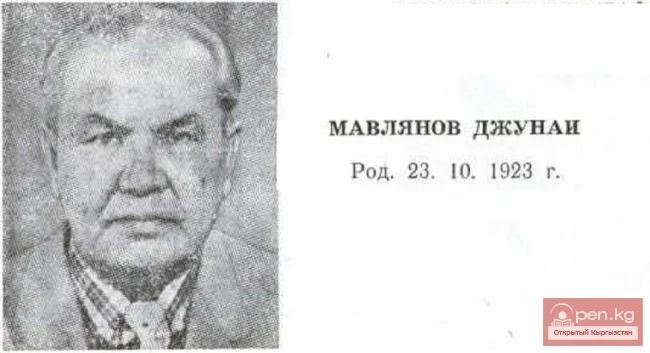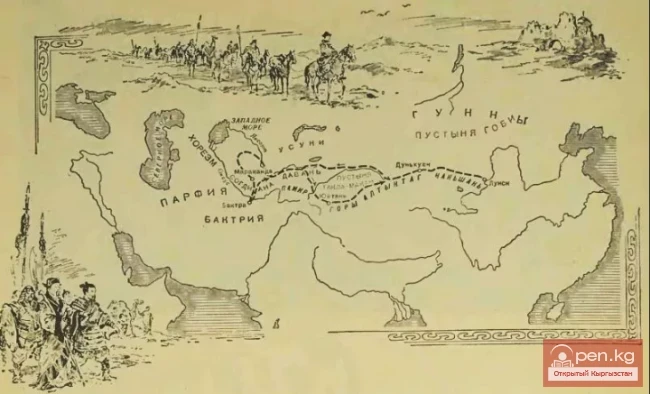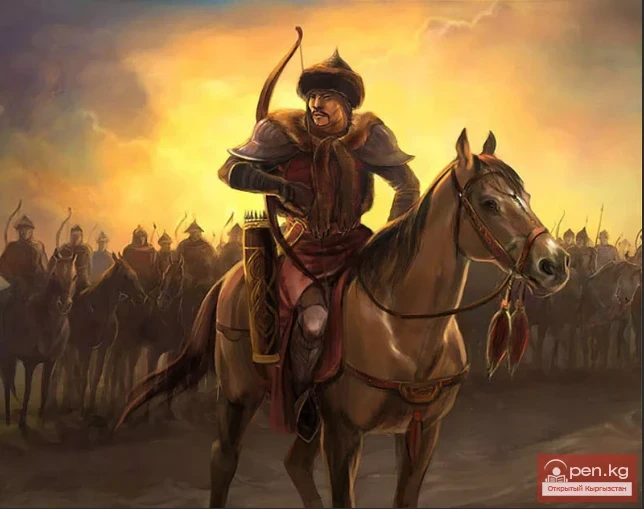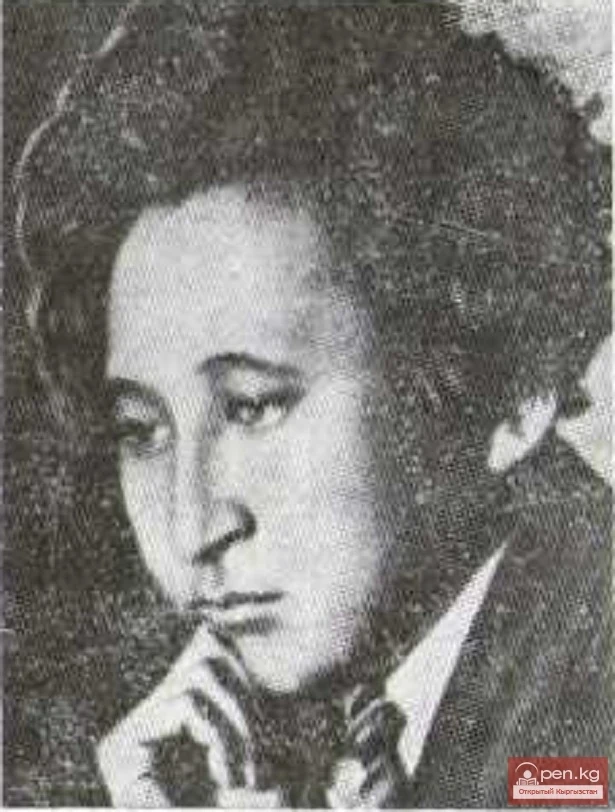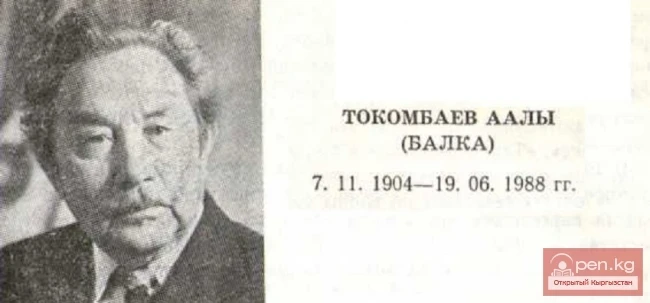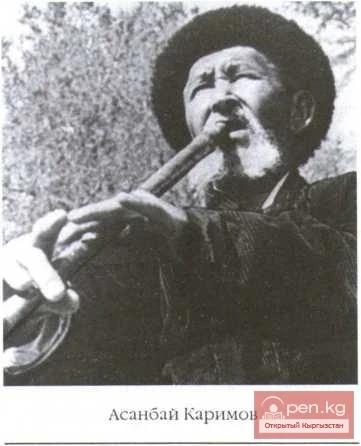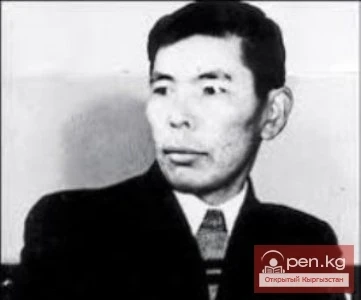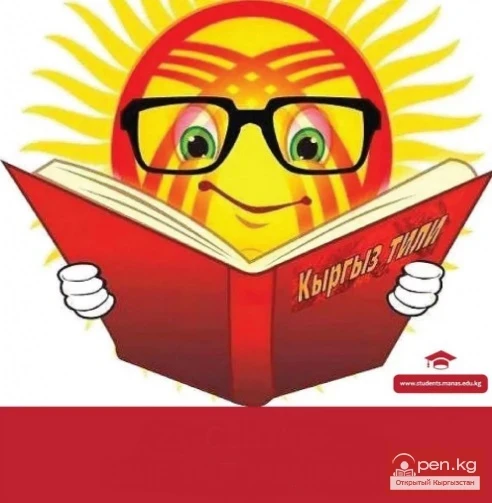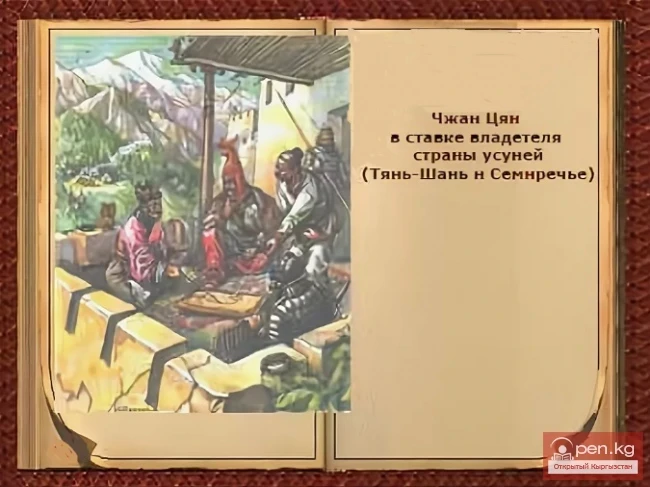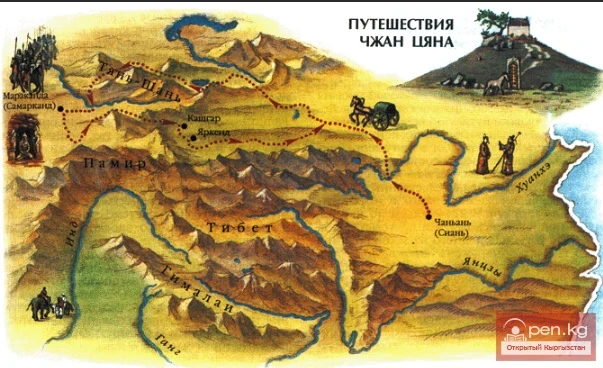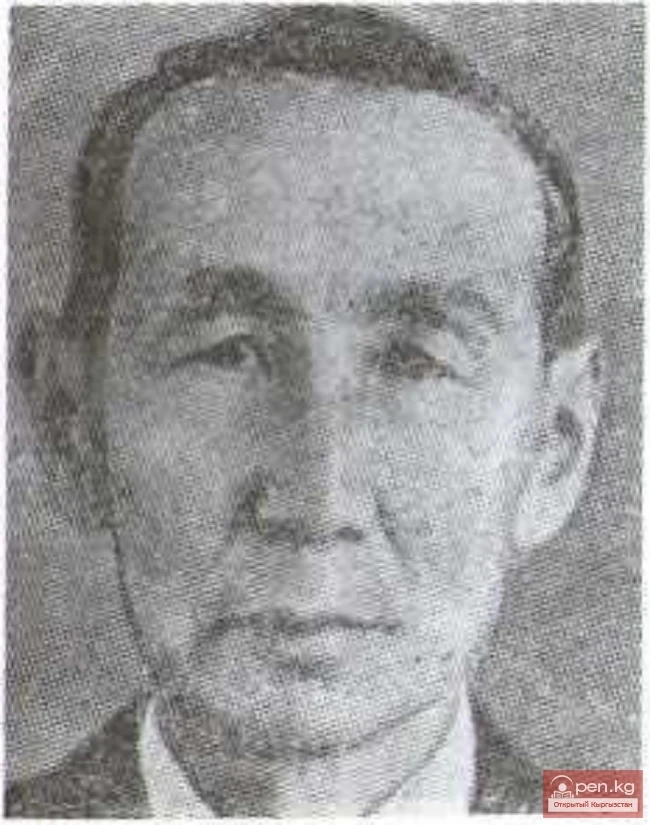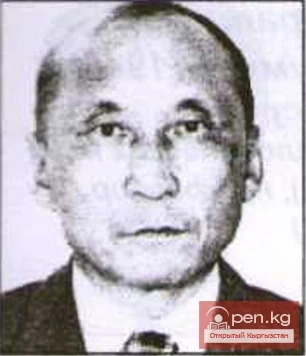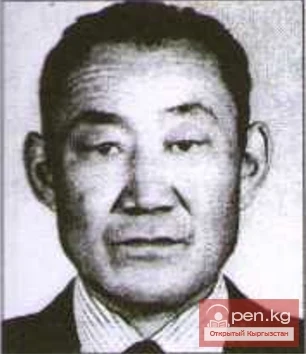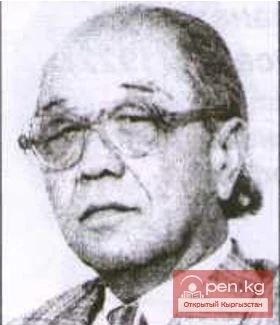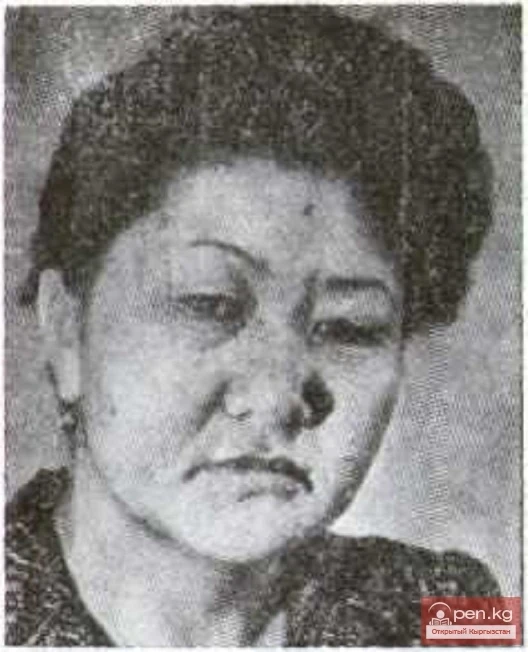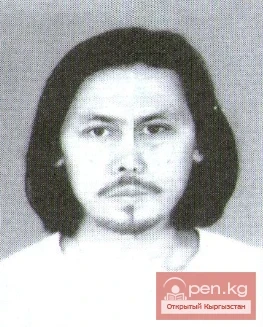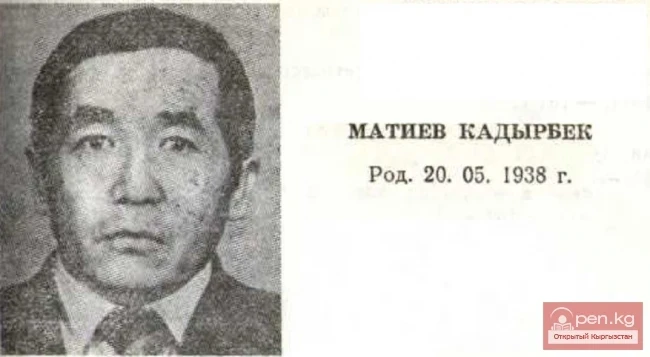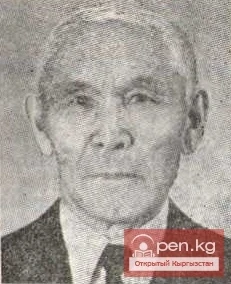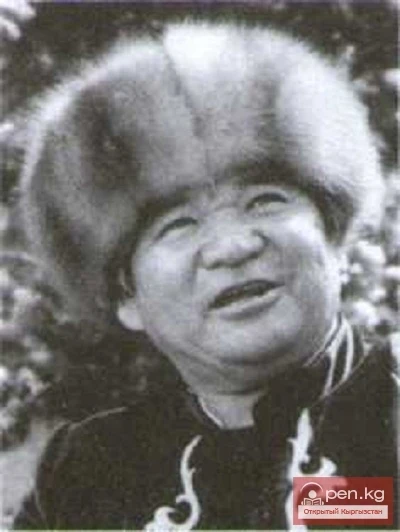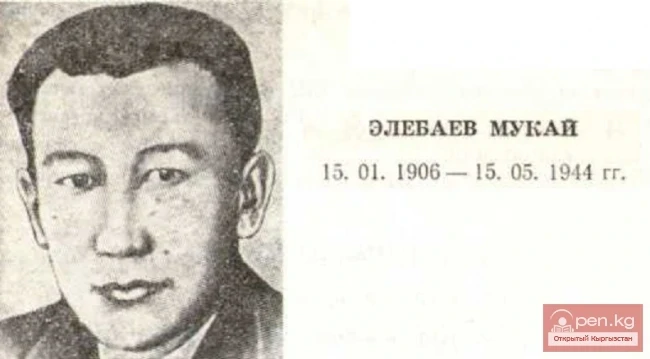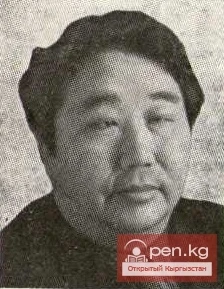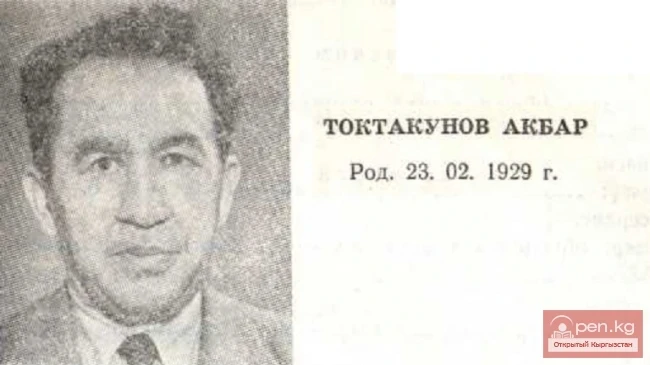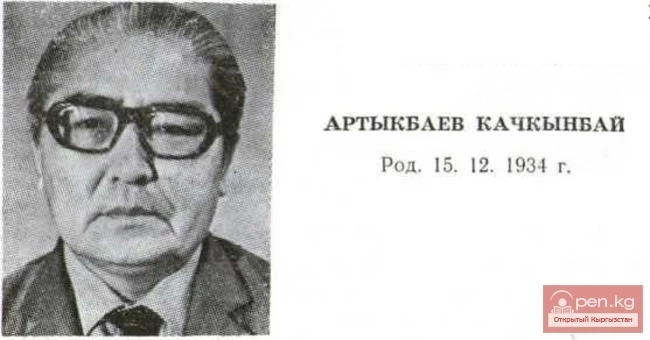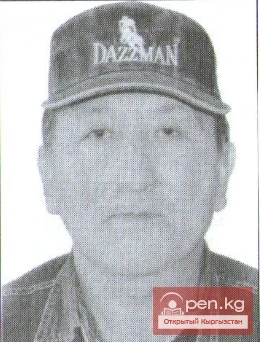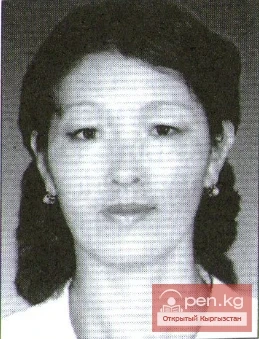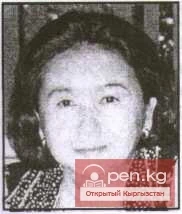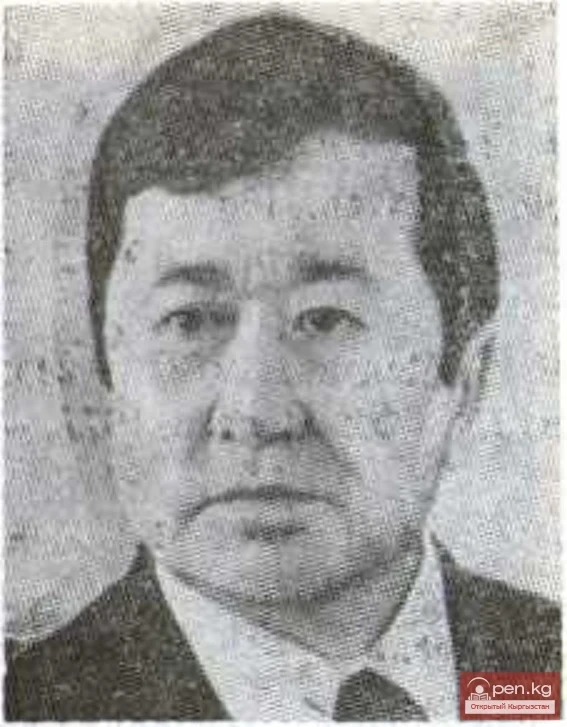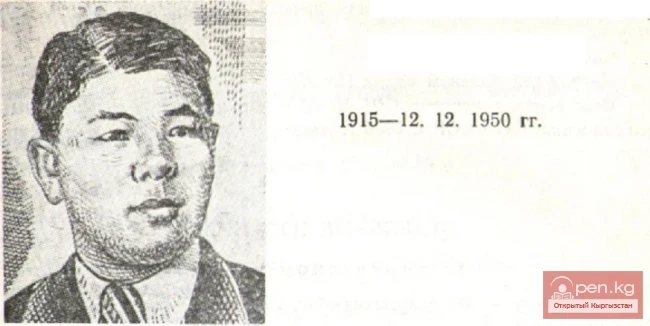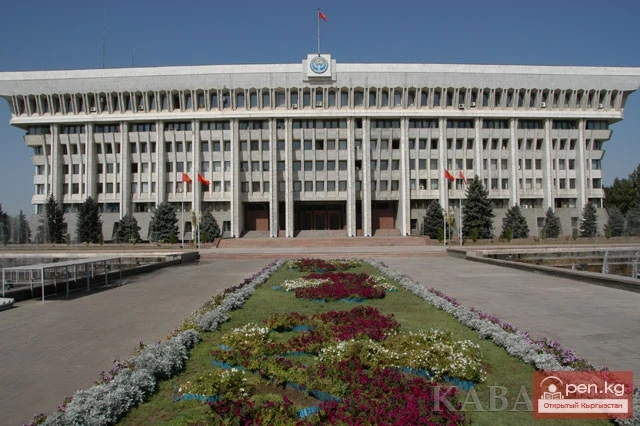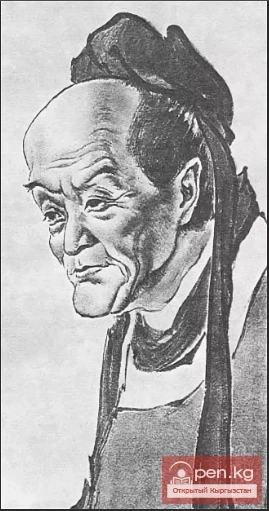
The Downfall of Zhang Qian
After a long and mature discussion in the imperial council, it was concluded that the embassy should be postponed until a corridor to the west was established. The primary task became the war with the Huns.
Allies were never found, and they had to rely on their own strength.
Emperor Wu-di energetically set to work. Hundreds of special officials spread across the country, recruiting soldiers. In the villages, they were met with weeping and tears. The people did not understand why they had to give up their sons if the enemy had not attacked. Eight centuries later, the great Du Fu would express this sentiment with remarkable accuracy:
A groan rises across the expanse of China —
And why does the emperor need
To live, expanding the country's borders:
We are already not a country, but a mass...
If the initial wars of Wu-di with the Huns aimed to stop their predatory raids, the current war clearly took on a conquering character. The prospects of profitable trade with previously unknown western countries so captivated the imperial court that in 128 BC, Wu-di issued a decree that contradicted the traditions established since the time of Liu Bang. The founder of the Han dynasty, who relied on the land aristocracy, once declared merchants and usurers a despised class. They were subjected to increased taxes. They were not allowed (even their descendants) to hold government positions. They were not allowed to wear silk and brocade clothing, weapons, or gold jewelry. Chariots and riding horses were not for them. However, the decree of 123 BC completely abolished all these prohibitions. Moreover, henceforth "the people could buy honorary titles and exempt themselves from the prohibition on holding [government positions]." Titles "for military merit" were established, divided into 11 degrees of nobility. They were freely sold. Those with thick wallets received preference over all others who had passed state examinations.
All this, firstly, was supposed to encourage commercial zeal. Secondly, it brought considerable income to the treasury, necessary for waging war.
Emperor Wu-di threw all the resources of the vast country into the fight against the Huns. In a short time, the army was recruited and trained. Its rearmament was completed according to the Hun model. The main striking force was to consist of armored cavalry with long spears, bows, and swords. Light cavalry was intended for daring raids, reconnaissance, and rear operations against the enemy. The infantry (which the Huns lacked) armed with crossbows represented a formidable force. The Chinese crossbow was a weapon that had no analogs at that time. To draw it, one sometimes had to lie on their back and, bracing their feet against the crossbow, pull the taut string with all their might. A trigger mechanism was developed, which the Chinese kept in the strictest secrecy. The killing power of this weapon shocked foreigners: it could pierce any armor and shields from a good hundred paces away. Thus, everything was ready.
In 124 BC, General Wei Qing and in 123 BC, General Ho Chui-ding pushed the Huns back from the borders of the empire.
In 122 BC, the talented military leader Li Guangli was appointed to lead the army. Zhang Qian was appointed commander of a large unit. The troops entered the land of the Huns. But then everything went wrong as expected.
The cavalry army of the Xiongnu led the enemy deep into the steppe, surrounded them, and largely destroyed them. Zhang Qian, a master diplomat, a great traveler, but a rather mediocre military leader, "delayed his arrival at the appointed time and was sentenced to be beheaded, but escaped death with the loss of his rank and dignity."
In an instant, everything fell apart. The brilliant courtier of princely rank became a poor commoner and was obliged to go into exile. The commoner Zhang Qian returned to his native province of Hanchung, where a distant relative left him a piece of land, a shabby hut... and a couple of old mulberry trees.
Farewell "plan of 10,000 li," farewell trade with the West, farewell town of Chigu — a convenient way station on the trade route!
The Return of Zhang Qian, sent 13 years ago to the Western Frontier!





